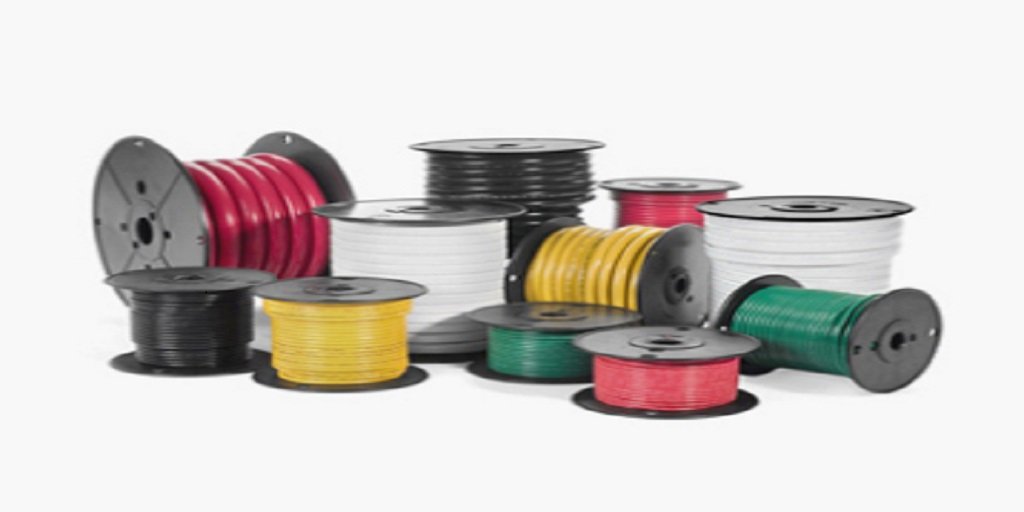In need of a new copper wire supplier? Here are some of the more common questions we dredged up from the internet and posed before EWCS Wire, one of the preeminent copper wire dealers in the industry. See if your questions are answered and get in touch with them directly if not.
What Is the Prevailing Price of a Pound of Copper at the Current Time?
According to Amerigo, the average provisional price of a pound of copper in quarter 1 of 2025 was $4.42 per pound.
This represents a considerable increase from quarter 1 of 2020, when the average price of copper was less than $3 per pound.
Of course, it is also important to recognize that these prices are indicative of raw copper – not of copper wire which is used in electrical wiring. It does however raise questions about costs.
Why Is Copper So Expensive?
In short, because there is serious global demand for copper, and not just from the electrical industry.
While it is true that the electrical industry is placing a strain on available copper reserves, since the housing market is going wild and there is intense demand for available resources, there are other industries that sap up copper, too.
For one, the plumbing industry, also implicated passively through housing, puts a big demand on copper. So do arms manufacturers, which need copper in the production of brass casings, as well as for bullet jackets.
Of course, this is a very high-level view and should only serve as a jumping-off point, not a comprehensive analysis of the price of raw copper.
What’s Used for Electrical Wiring Besides Copper?
As a result of the ballooning costs of copper wire, there has been an increasing tendency to use aluminum wire in place of copper in construction, especially for power service entry.
One of the main areas in which aluminum is preferred in lieu of copper is for power service entry to buildings, in the form of aluminum triplex wire, and sometimes as quadruplex wire.
Not only is aluminum far more cost-effective than copper, it is lighter, easier to work with, more affordable to transport and handle, and less prone to corrosion.
So keep that in mind as you’re evaluating copper wire suppliers.
What Is Wire Gauge?
In North America, we use American Wire Gauge, or AWG, to measure wires, but regardless of which system you use, wire gauge measures the diameter of wire.
This is a crucial metric in electrical wire because the thickness of the wire will determine the voltage and current loads with which the wire can safely operate.
While wire of a greater thickness than needed can be used, the opposite is not true. Using a thinner wire than necessary increases the risk of overheating, fire, electric shock, and worse.
What Besides Gauge Is Important?
A wire’s insulation and how the wire is treated will also influence its suitability for a particular application. For instance, welding cables are made with thin conductors to improve flexibility, and marine battery wire is made with individually tinned conductors that resist corrosion.
The wire’s insulation will also dictate how effectively the conductor can resist corrosion, heat and flame-related damage, resistance to weather and sunlight, and much more.
Adding a New Copper Wire Supplier Into Your Rotation
Chances are you landed here looking up something about copper wire, but in the event you’re in need of a new copper wire supplier, make your first investigation into EWCS Wire. They carry a wide range of different aluminum and copper electrical wire and cable, including specialty cable like triplex and quadruplex wire, DLO cable, solar panel cable, and more.
For more information about Marine Battery Cables And Terminals and Belden Fire Alarm Cable Please visit: Electrical Wire & Cable Specialists.













Leave a Reply